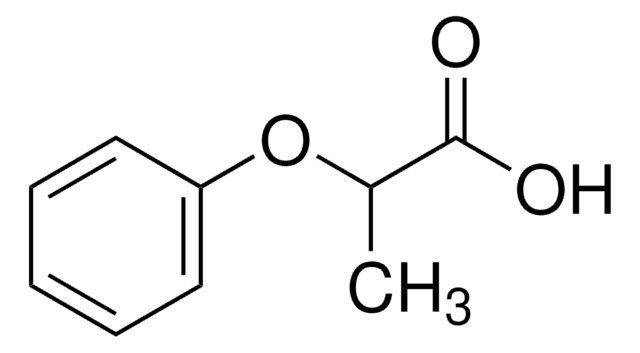About This Item
Recommended Products
Quality Level
Assay
97%
form
powder
reaction suitability
core: iron
reagent type: catalyst
resistivity
9.71 μΩ-cm
particle size
−325 mesh
bp
2750 °C (lit.)
mp
1535 °C (lit.)
density
7.86 g/mL at 25 °C (lit.)
SMILES string
[Fe]
InChI
1S/Fe
InChI key
XEEYBQQBJWHFJM-UHFFFAOYSA-N
Related Categories
Application
Iron can also be used:
- For the removal of arsenate from water.
- To synthesize Fe(III) iodide catalyst for thioglycosylation of peracetylated saccharides.
- As a catalyst for the graphitization for microscale radiocarbon analysis of small samples.
- For the removal of nitroaromatic pesticides by reduction.
Physical form
Signal Word
Warning
Hazard Statements
Precautionary Statements
Hazard Classifications
Flam. Sol. 2 - Self-heat. 2
Storage Class Code
4.2 - Pyrophoric and self-heating hazardous materials
WGK
nwg
Flash Point(F)
69.8 °F
Flash Point(C)
21 °C
Certificates of Analysis (COA)
Search for Certificates of Analysis (COA) by entering the products Lot/Batch Number. Lot and Batch Numbers can be found on a product’s label following the words ‘Lot’ or ‘Batch’.
Already Own This Product?
Find documentation for the products that you have recently purchased in the Document Library.
Customers Also Viewed
Articles
Mechanical alloying is a “brute force” method of affecting alloying and chemical reactions. The mixture of reactant powders and several balls are placed in the milling jar of a high-energy ball mill, for example, a shaker mill or a planetary mill.
Our team of scientists has experience in all areas of research including Life Science, Material Science, Chemical Synthesis, Chromatography, Analytical and many others.
Contact Technical Service





